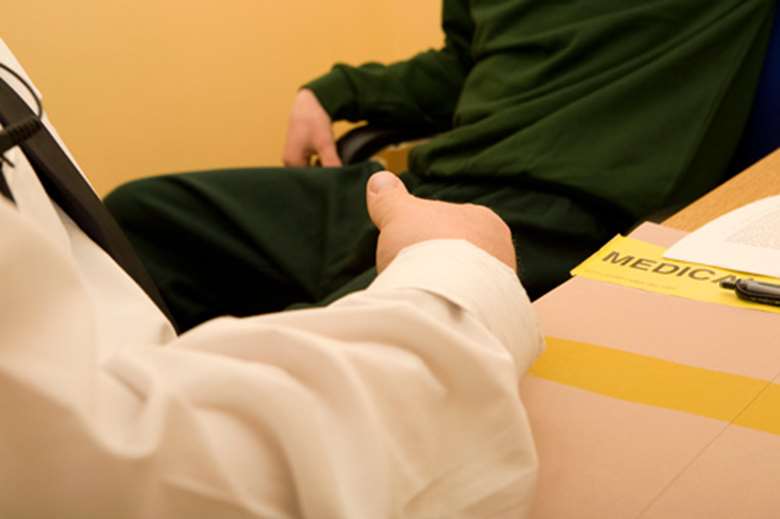Plan to increase specialist help for the most troubled young offenders
Neil Puffett
Monday, November 26, 2012
A scheme to support the most vulnerable young offenders in the youth secure estate is to be expanded across the country, in an attempt to reduce violence and self-harm in custody.

The Youth Justice Board (YJB) has revealed it will establish small specialist units providing intensive support and psychological services in a number of young offender institutions (YOIs), after a pilot project at Hindley YOI in Wigan proved a success.
The 11-bed Willow unit at Hindley caters for the most disruptive young people in the establishment, a group often responsible for significant levels of violence and self-harm.
Prison officers on the unit are specially trained to deal with disruptive behaviour and staffing levels are three times higher than in the rest of the YOI.
The unit also offers access to mental health treatment and drug and alcohol services, and provides extra support for around a dozen young people who are judged to be capable of remaining with the general prison population, but require additional help.
Ray Hill, director of secure accommodation at the YJB, said the organisation is committed to an expansion of the scheme, although decisions on the timescale and the number of units that will be created are yet to be taken.
He added that discussions are taking place with the Department of Health and other stakeholders over the details of the expansion.
A significant funding injection will be required to establish the units, in which the cost of a place comes to around £85,000 a year, 30 per cent more than a regular YOI place.
“Within YOIs clearly there are a number of young people who have mental health issues,” Hill said. “Specifically we have a number we can describe as high risk to themselves and others. We want to make sure we improve our provision for those at the extreme end.
“The best way of doing that is more specialist units to support and meet their needs. We need to put regimes in place to stabilise behaviours. The key is around continuity of care with these young people, and developing relationships.”
Hill added that young people who pose a high risk to others are currently often subject to single cell separation, a practice that does not help them address the issues they are facing.




